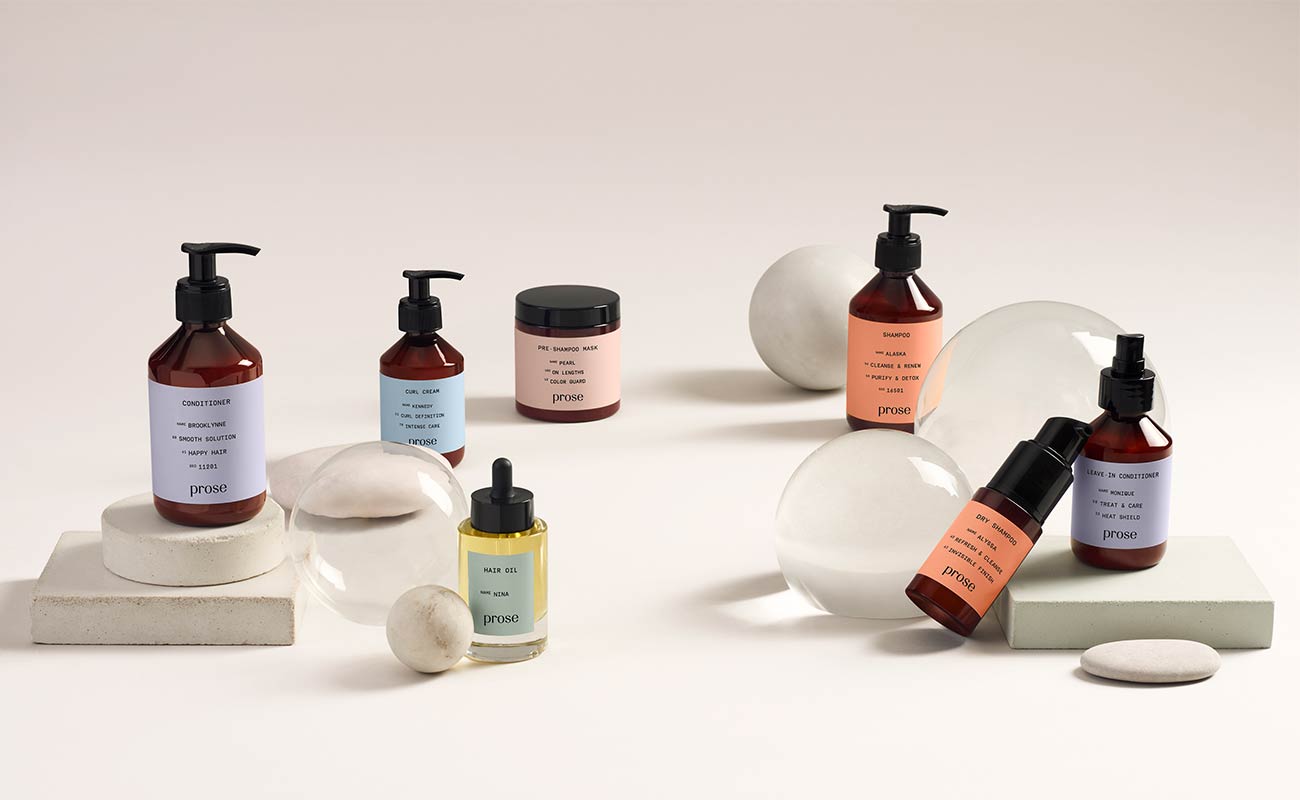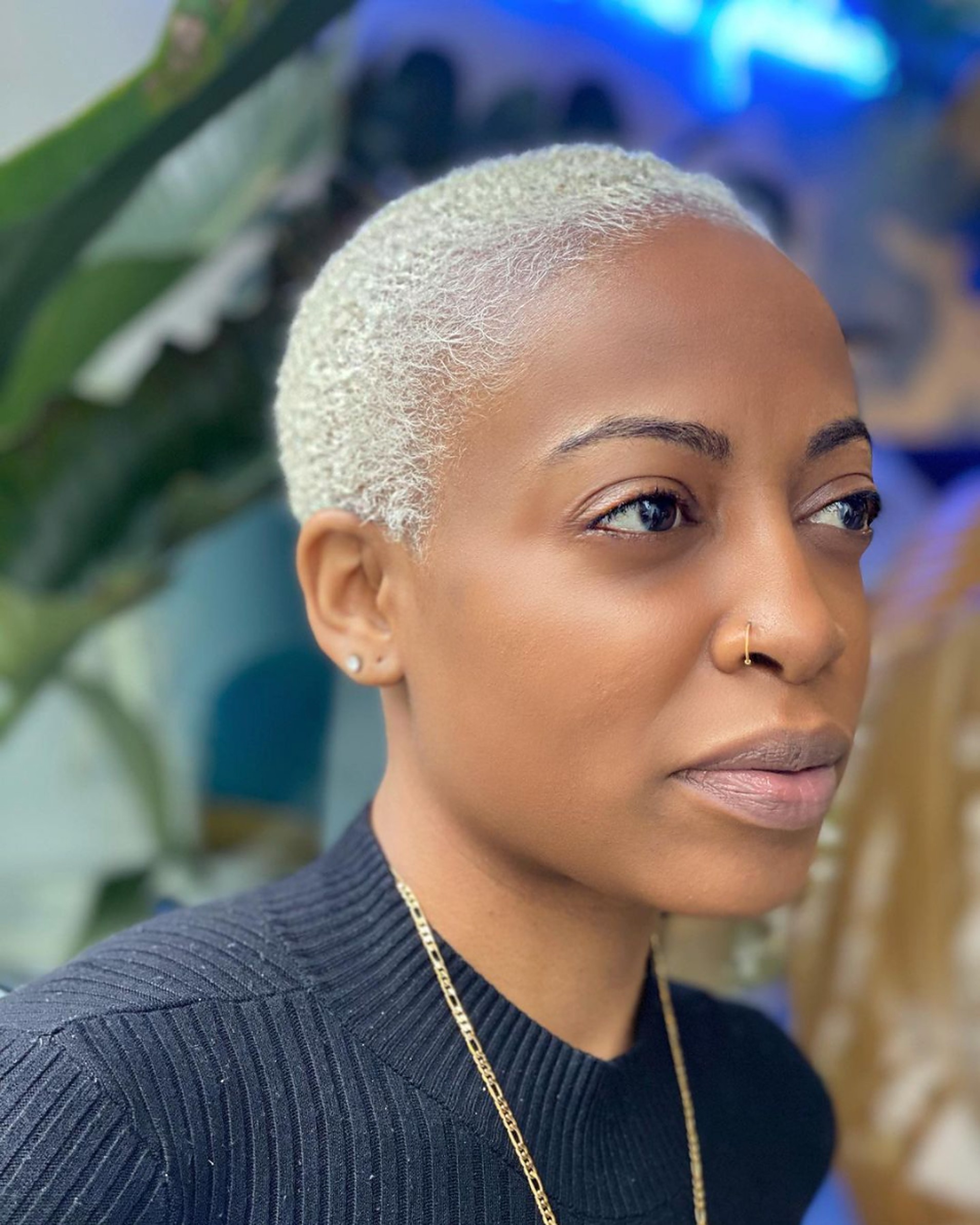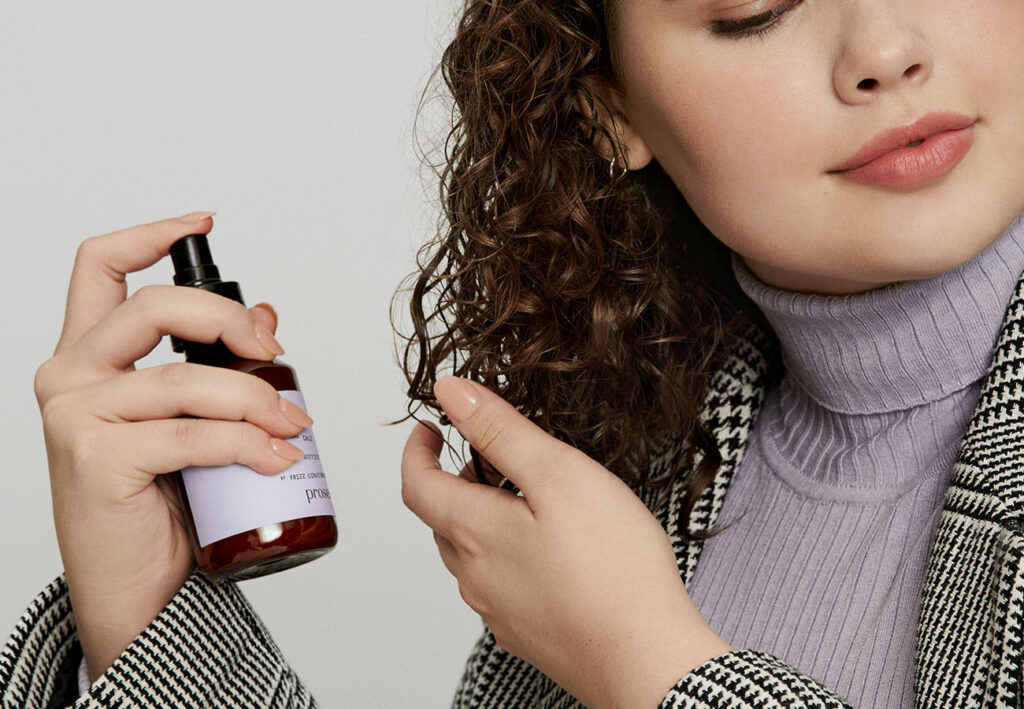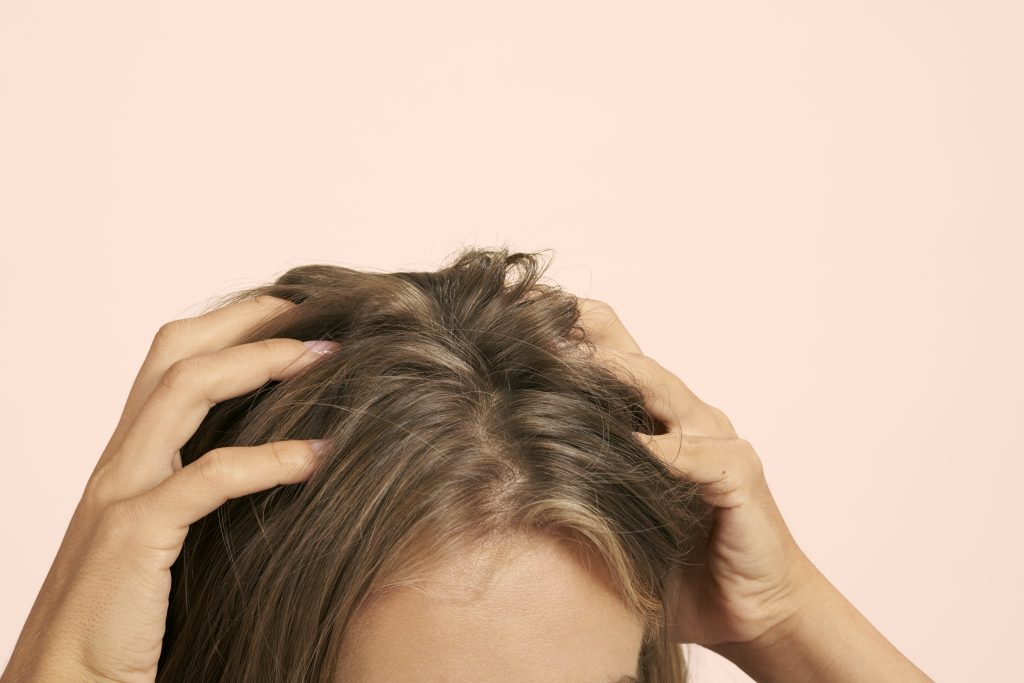Aptly called the “Never List,” this round-up includes potentially harmful ingredients like talc and petroleum, as well as one of the most talked about no-go’s in haircare: parabens. We all may do our best to stay away from these kinds of disruptive ingredients, but it’s important to know why. So what exactly are parabens, why is it in your shampoo, and why do we vow to never use it?
Here, we answer some FAQs:
What are parabens?
Much like preservatives are added to foods to make them shelf-stable, parabens are a type of artificial ingredient that prevents certain ingredients from degrading. Without them, those ingredients could develop mold or bacteria. It may sound like a good thing, but keep reading.
How do you spot them?
Scan your bottle for methyl-, ethyl-, propyl-, isopropyl-, butyl-, or isobutylparaben. These are the six common types of parabens.
Which products have parabens?
A lot. Parabens are usually found in products with a high water content—think shampoo, conditioner, moisturizer, sunscreen, deodorant, toothpaste, you name it.
How do parabens affect my body?
Parabens get absorbed then metabolized in the body, then expelled through urine and bile (a fluid that’s useful for digestion). And when you use products daily, the number of parabens compounds. A 2018 study, for example, found that wearing makeup every day increased levels of propylparaben in urine by 20 times compared to girls who never or rarely wore makeup.
Preventing bacteria may sound noble, but the problem with parabens is their ability to mess with your endocrine system, disrupting hormones and impacting your reproductive system. Some parabens have even been officially designated as “endocrine disruptors.” These imbalances can result in fertility issues, shorter periods, and more pre-terms births. Scientists have also seen parabens speed up the growth of breast cancer cells as well as irritate skin.
So how are parabens even allowed in products?
The Food & Drug Administration doesn’t have any rules restricting parabens at the moment. According to their protocol, cosmetics and their ingredients don’t need FDA approval. They do acknowledge the questions surrounding parabens and breast cancer but say they’re looking into it.
What are some safe alternatives to parabens?
Nobody wants bacteria or mold in their cosmetics or haircare products, but we also want to give our body the best, most natural ingredients, too. So what’s a conscious consumer to do? Beyond trying products with shorter shelf lives that don’t require preserving, look for sodium benzoate, a man-made preservative that’s gentler than parabens and clocks in at 3 on the EWG scale. You can find it in our hair mask, scalp mask, shampoo, conditioner, and curl cream.
To find out which other product stabilizers we use (and where they’re sourced from), check out Prose’s comprehensive Ingredients Glossary. Each one has been rigorously researched and extensively tested. We believe that information is power, and the more you know about your body, the better you can take care of it.





